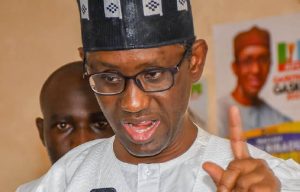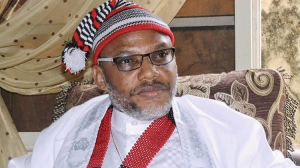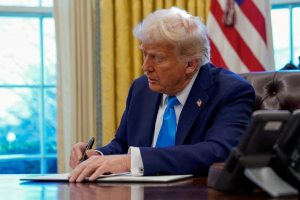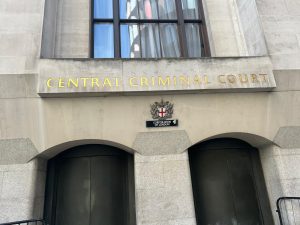Makurdi, 19 June 2025 – The escalating violence perpetrated by Fulani herdsmen across Nigeria has reached a boiling point, with the recent massacre of 200 people in Benue State igniting nationwide outrage. The creation of the Ministry of Livestock by President Bola Tinubu, intended to address the deadly clashes between herders and farmers, has failed to stem the tide of bloodshed, prompting accusations of government inaction and complicity in what many now describe as a genocidal campaign of land grabbing.
During a visit to Benue State yesterday, the Tor Tiv, His Royal Majesty Professor James Ayatse, delivered a scathing assessment of the crisis. “What we are facing in Benue is a calculated, well-planned, full-scale genocidal invasion and land-grabbing operation by herders, terrorists, and bandits,” he declared. “This is not a farmers-herders clash; it’s genocide.” His words have struck a chord with victims and communities across Nigeria, who see the unrelenting attacks as a deliberate attempt to displace indigenous populations and seize their land.
The violence is not confined to Benue. In Plateau, Enugu, Delta, Abia, and other states, Fulani herdsmen have been implicated in a string of attacks that have left thousands dead and countless others displaced. Despite the establishment of the Ministry of Livestock, which was meant to modernise pastoral practices and curb open grazing, the policy of allowing unrestricted cattle herding persists. Critics argue that this failure to enforce grazing bans has emboldened the attackers, who operate with apparent impunity.
The scale and coordination of the attacks have led to widespread claims that the violence is not merely a resource conflict but a systematic effort to dominate land. In Plateau State, for instance, the 2018 attacks that killed over 200 people were marked by premeditated assaults on farming villages, with highways blocked to target fleeing residents. Similar patterns have emerged in recent incidents, with reports of heavily armed groups numbering in the hundreds descending on communities.
President Tinubu’s administration has faced fierce criticism for its handling of the crisis. The Ministry of Livestock, touted as a solution to the herder-farmer conflict, is increasingly viewed as a superficial gesture aimed at placating the Fulani, a predominantly Muslim ethnic group with significant political influence. Many question why the government has not taken decisive action to disarm the herdsmen or deploy security forces to protect vulnerable communities.
The contrast with other ethnic groups is stark. The Igbo apprenticeship system, a globally recognised model of economic empowerment that fosters entrepreneurship without violence, has received no comparable government support. “Why are good people in Nigeria punished and bad people rewarded?” asked a community leader. “The Igbo apprenticeship system lifts communities out of poverty peacefully, yet the government ignores it. Meanwhile, a violent group gets an entire ministry.”
The government’s reluctance to address the root causes of the violence—such as the proliferation of small arms, environmental degradation driving herders south, and the breakdown of traditional conflict resolution mechanisms—has fuelled distrust. In Benue, the 2017 Open Grazing Prohibition Law, which aimed to restrict open grazing and promote ranching, has been undermined by poor enforcement and resistance from herders’ groups like Miyetti Allah.
Professor Ayatse’s characterisation of the crisis as genocide has galvanised calls for international intervention. Advocacy groups, including the Benue-based Movement Against Fulani Occupation (MAFO), have long demanded accountability, with some seeking redress through the Economic Community of West African States (ECOWAS) Court. Meanwhile, social media platforms are awash with hashtags like #StopFulaniHerdsmen, amplifying the voices of those who feel abandoned by their government.
As the death toll mounts, the Nigerian government faces a critical juncture. Strengthening security, enforcing grazing bans, and prosecuting perpetrators could restore some measure of trust. Additionally, investing in sustainable agricultural reforms and empowering peaceful economic models, such as the Igbo apprenticeship system, could address the broader socio-economic drivers of conflict.
For now, the cries of Benue and other affected states echo across Nigeria: a demand for justice, security, and an end to what many see as a state-sanctioned tragedy. Whether the government will act decisively remains to be seen, but the patience of a grieving nation is wearing thin.





